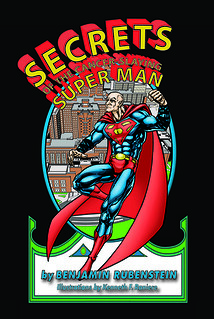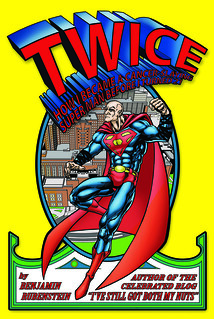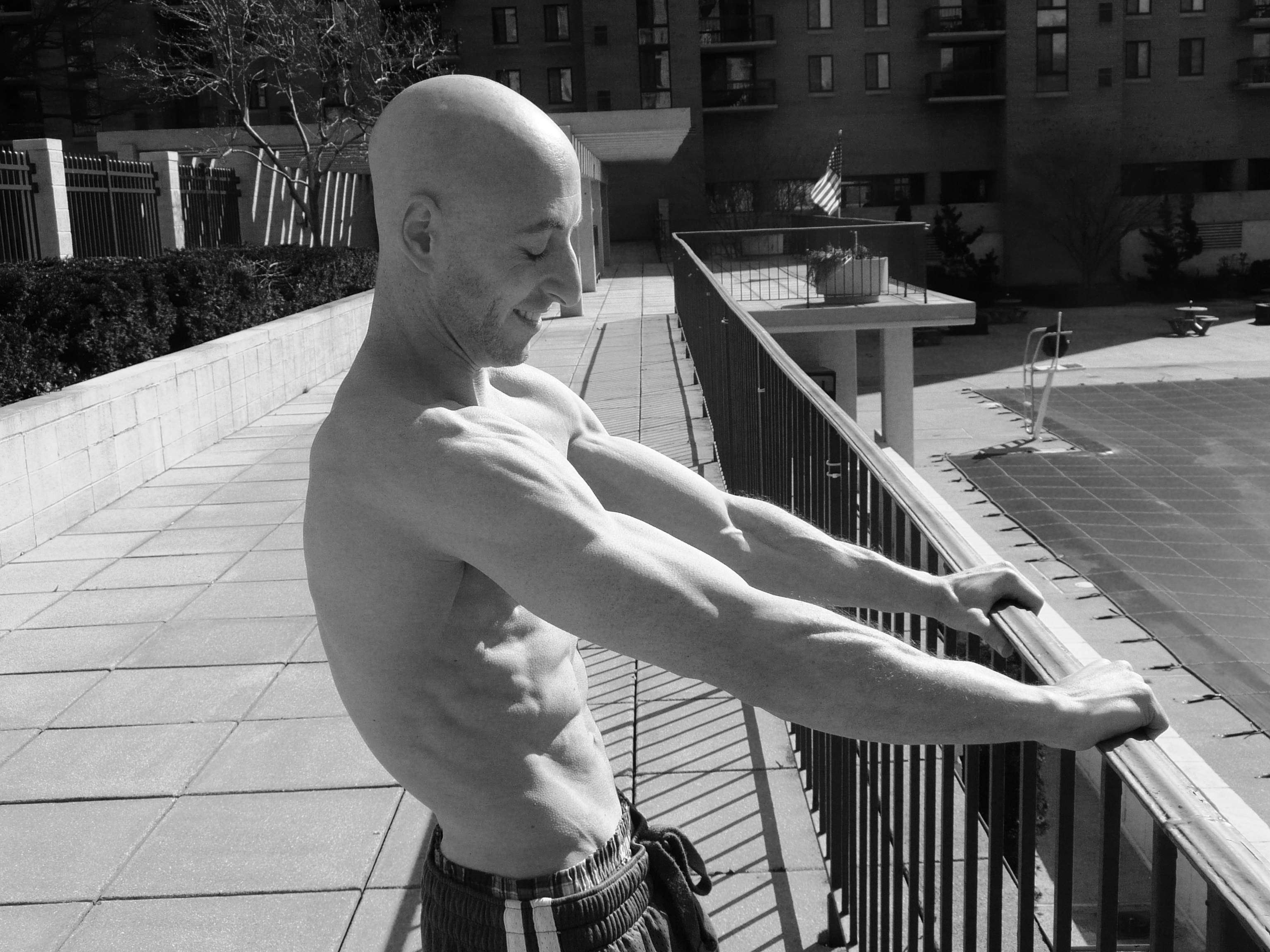"I'm determined to get $50,000." (my email to JD, June 12, 3:55 p.m.)
"What are you at now? $50k seems VERY improbable by Saturday. Believe me I'm rooting for it, but seems like a long shot." (JD email to me, June 12, 3:58 p.m.)
"We are at $41,000." (my email to JD, June 12, 4:01 p.m.)
"We are up to $43,600. We are going to get $50k. I am going to tell LLS that I promise to pay the remainder if we don't get there at the Grand Finale Gala. No fucking way am I going to get that close and not close it out." (my email to JD, June 13, 10:12 p.m.)
This is the story of how my fundraising team raised $50,000 including $8,000 in less than two-and-a-half days in order to be linked to a $50,000 cancer research portfolio.
*
I received my first email notifying me that someone had donated to my
Man of the Year fundraiser. I scrolled down until I saw $100 from Mr. Sunshine, always one of the first friends to support me. Over the coming
minutes my phone buzzed several more times: a stranger, friend from my rock-climbing trip, former surgeon, and Orioleski—who I knew from a
fashion show we participated in three years ago—all donated. Five minutes, $500.
Checking my phone each of the ~350 times it buzzed with a new donation notification was the most fun part of my days during the 10-week campaign. Some of the donations really touched me, like the $250 from my friend who hardly has much to give, or the $5 from a friend with even less. I quickly understood that fundraising is more about supporting friends and family who dedicate their lives to the cause than the amount of money.
The donation rate slowed as my initial email blast drifted further down inboxes. My desire to be creative prevented me from running an entirely traditional campaign. I made
videos and wrote
articles. I tied my new book’s pre-publication launch with the fundraiser by donating most of the proceeds from book sales, including at a
happy hour that Luz and Republican helped organize.
JD, his fiancé JDiancé, and her family threw a fundraiser party for me. My aunt and uncle donated an insane amount and Aunt Flojo bullied her friends to help. My
university supported me, thanks to Luz co-chairing the UVA Club of Washington Book Club. My high school supported me with two bake sales benefiting my fundraiser.
Our
shots in the dark didn’t pan out no matter how hard we tried. We learned that a traditional campaign based on letters and emails is the most effective. I wouldn’t change our approach and love that we went for gold, but every free second of my life went to fundraising so removing the long shots would have led to a higher total.
It is hard to wrap my head around how we raised so much money. In mid-May I was afraid that our fundraising team wouldn’t hit the $20,000 incentive for a second guest table at the Grand Finale Gala; weeks later I was afraid we wouldn’t hit the $30,000 incentive for a hotel room at the Ritz-Carlton the night of the Gala. We earned both. That’s when I felt the $50,000 incentive linking our fundraiser to a cancer research portfolio was in reach.
After multiple email blasts and Facebook posts, our networks were nearly tapped. There was no longer any way my fundraising team could reach our original goal of $110,000; there was also no way I would allow us to fail at reaching $50,000. This was my chance to pay forward a tiny bit of what was provided to me when I was getting treatment; to do something really good in the world. It was $50,000 or bust; succeed or always live with regret. I needed to ask people for money directly.
Four years ago while living in Arlington, I had met friends at a bar in D.C. Not wanting to pay my share of a cab ride home, I left early to take the Metro since my employer paid for my Metro card. Trains ran every 24 minutes. When mine arrived, two drunk girls dawdled exiting the train and the doors closed before I could enter. I waited 24 more minutes, and then waited for my bus when the train arrived at Pentagon City Metro Station, and then bussed 23 minutes back to my apartment with the rest of the crazies on the 3 a.m. Metrobus. I wasted almost two hours to save $15.
I’m now nowhere near as frugal, but the thought of telling others how to spend their money made me just as sick.
On Monday, June 9, with a day off work, I brought my computer to Silver Diner and ordered oatmeal and endless coffee, the liquid courage to make my first direct ask. I emailed a friend, “I know I am a dick about this, but it has to be done. If you never give to charity, then no worries and disregard this. If you do sometimes then I really would appreciate your support.” I wanted to cry.
One friend joked I’d gone too far. I didn’t get the joke. “Fundraising is challenging, uncomfortable and awful sometimes,” I wrote him. Over the coming days, asking became a little less nauseating, and far more direct.
On June 12, I wrote my first of three long, heartfelt Facebook posts. “…So much in life is out of our control, but for the challenges that I have influence over, I am determined to triumph…I am determined to reach this [$50,000] milestone with the same ferocity as I had to survive.”
We had raised $39,000.
The next morning: “I am a grinder. At the blackjack table, I always make the mathematically correct play and vary my bets only slightly when the cards count in my favor. I was a grinder on the tennis court in high school, sprinting to every ball, just making sure I hit it over the net—if I could do that every time then I could win. That was until bone cancer stole my hip. I was a grinder in the treatment room every day during the chemo cycle, every month for a new cycle, until I reached 50 chemo sessions in the year and I was done. I was a grinder after my transplant, each day the same thing—bathroom, rest, vomit, sleep—until 65 days later I went home. Which is why I am not afraid to grind through this fundraiser which ends tomorrow evening.”
We had raised $41,700.
After work that afternoon, on Friday, June 13, I unplugged my fully-charged computer and emailed, texted and Facebook messaged as many people as I could until my Dell’s battery died. Some were close friends who hadn’t yet contributed; others I hadn’t spoken to in years. My final message went to The Leukemia & Lymphoma Society’s (LLS) senior campaign manager promising we’d reach $50,000 even if the remainder came from my bank account.
My final Facebook post or message of any kind, on the morning of the Grand Finale Gala, last Saturday, June 14: “I survived cancer twice as a teenager. I will never become a doctor, nurse or surgeon; I will never start a nonprofit benefiting the cancer community. My Man of the Year fundraiser benefiting The Leukemia & Lymphoma Society which ends today is my opportunity to give back…Every time a friend, family member or stranger gives a donation of any amount—even $5—a fire lights inside me and I love you for it. Would you please be my next match?”
We had raised $44,240. I closed my computer lid, showered, and began dressing in my tuxedo for the Grand Finale Gala.
Read about my experience at the Gala here: A Gala, a Trophy, and $50,000 for Cancer Research
Leia Mais…
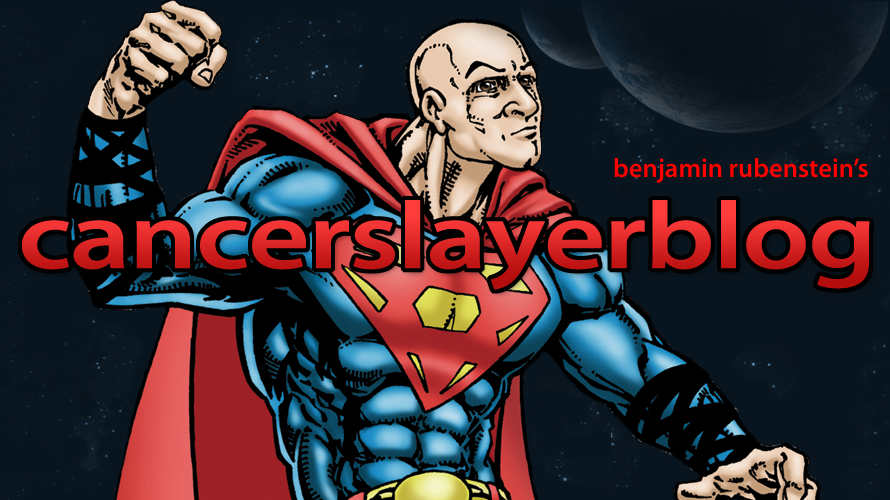


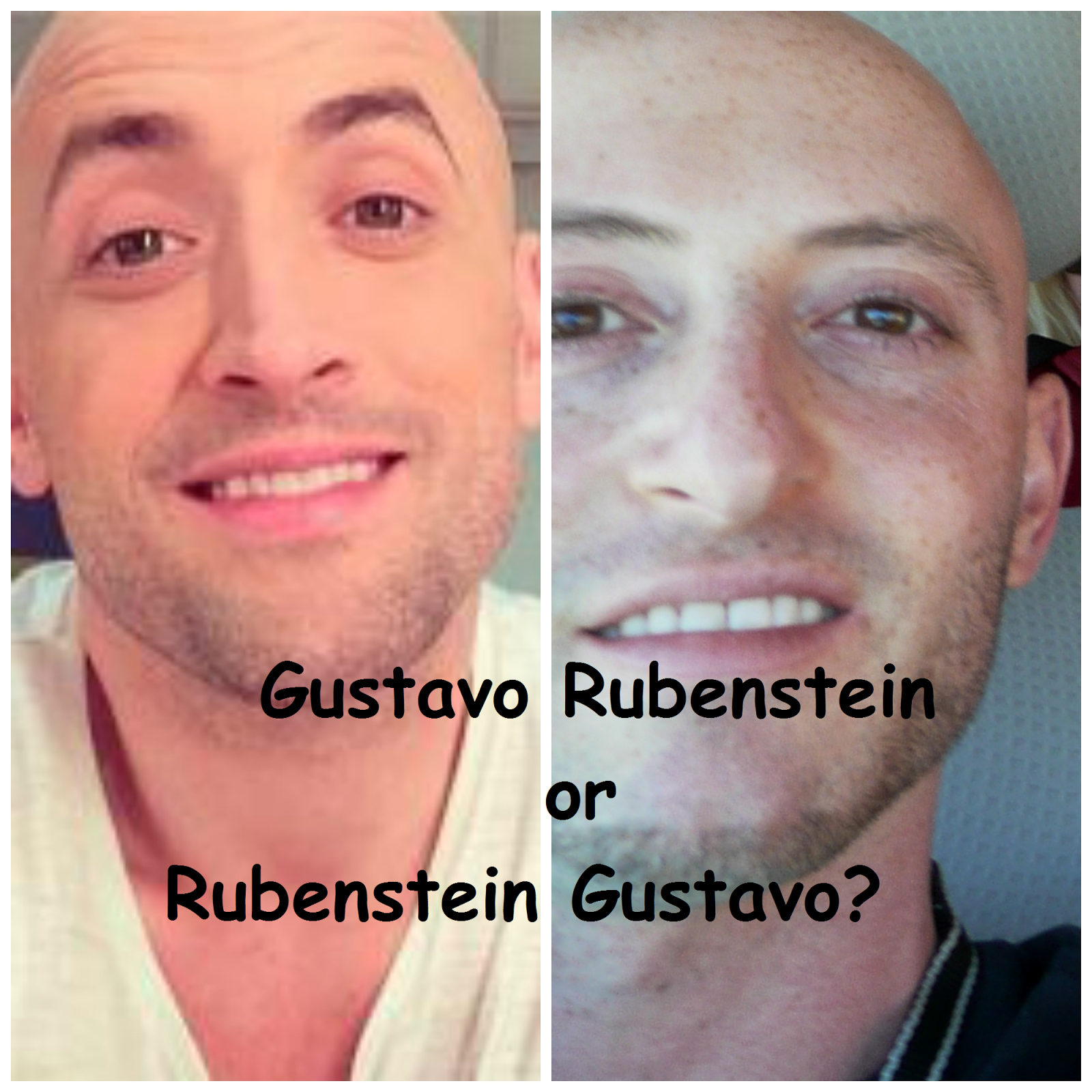
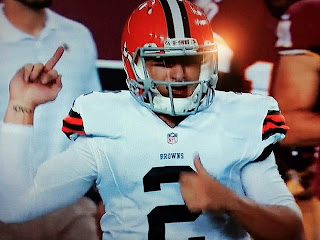


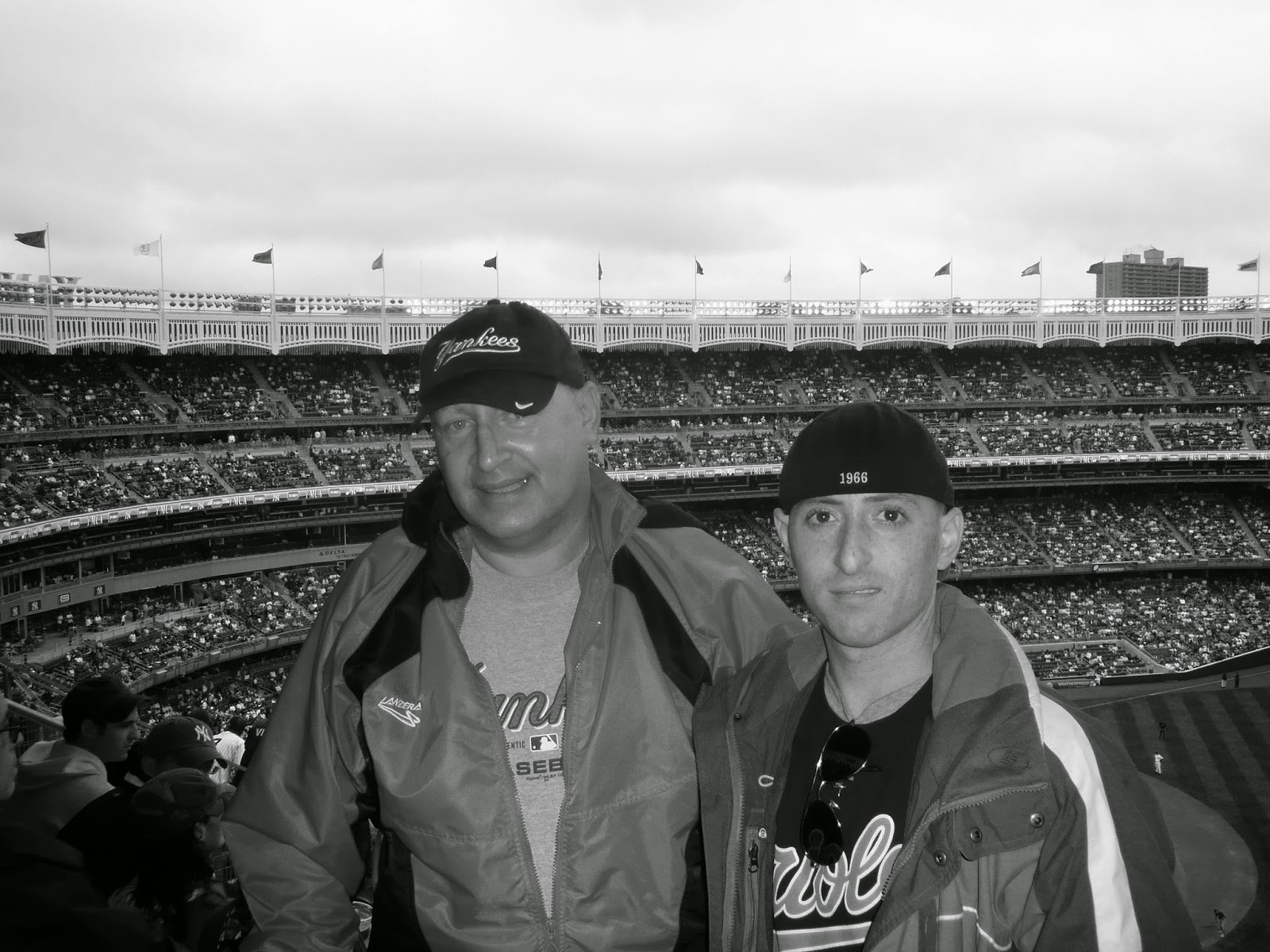
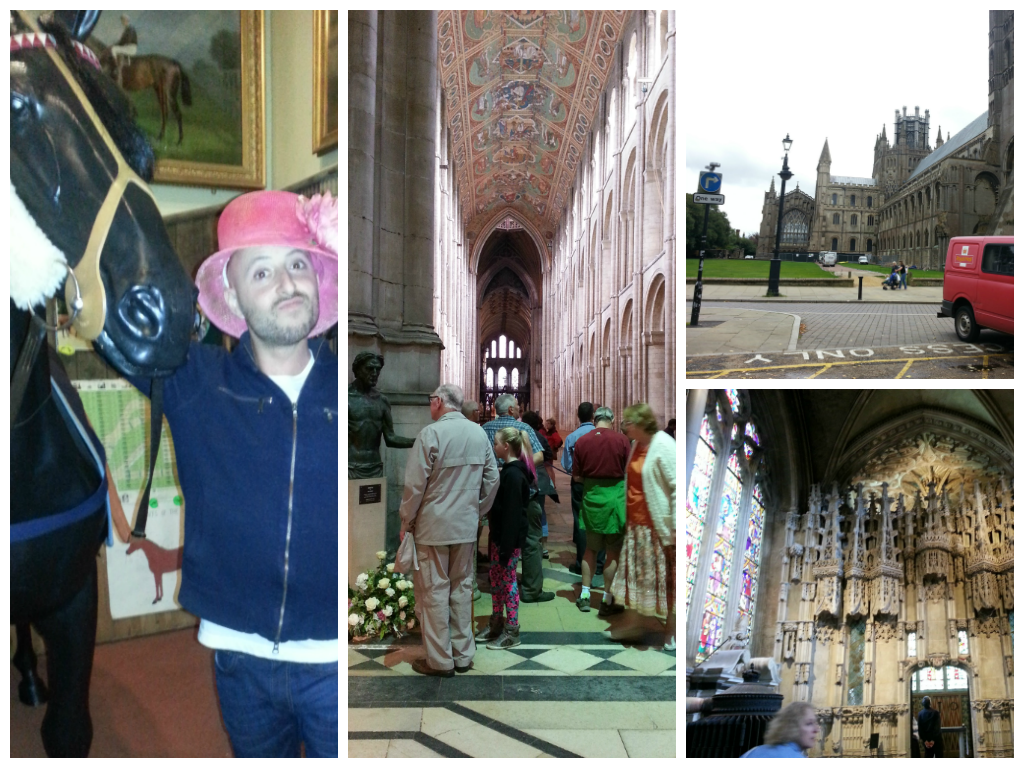

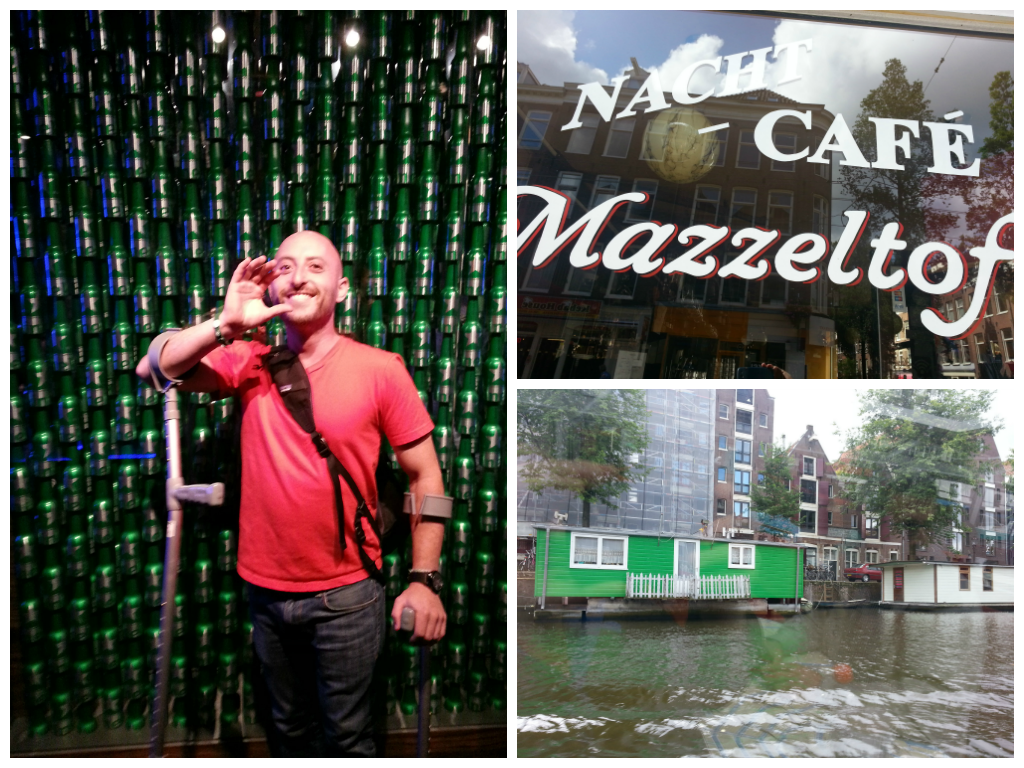
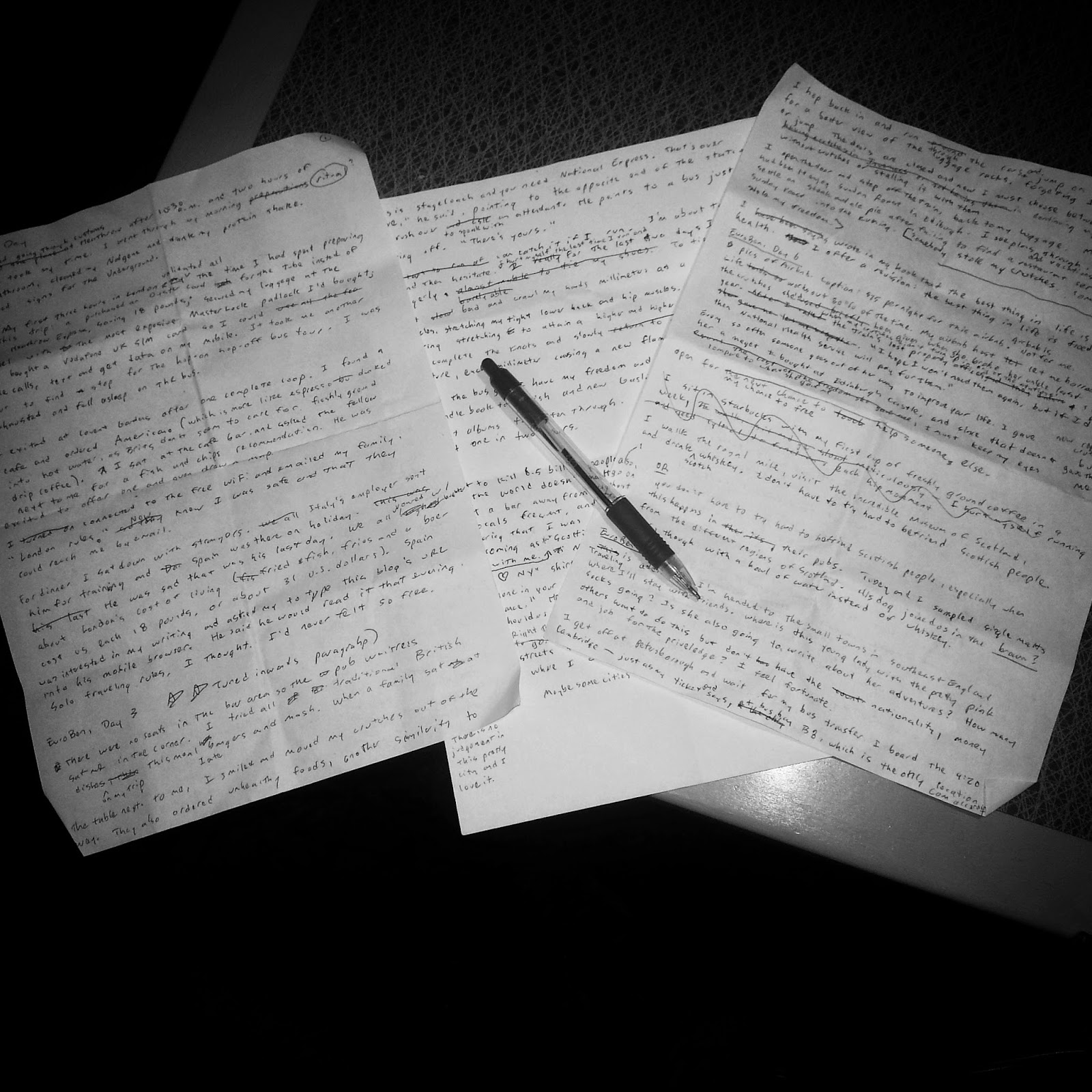





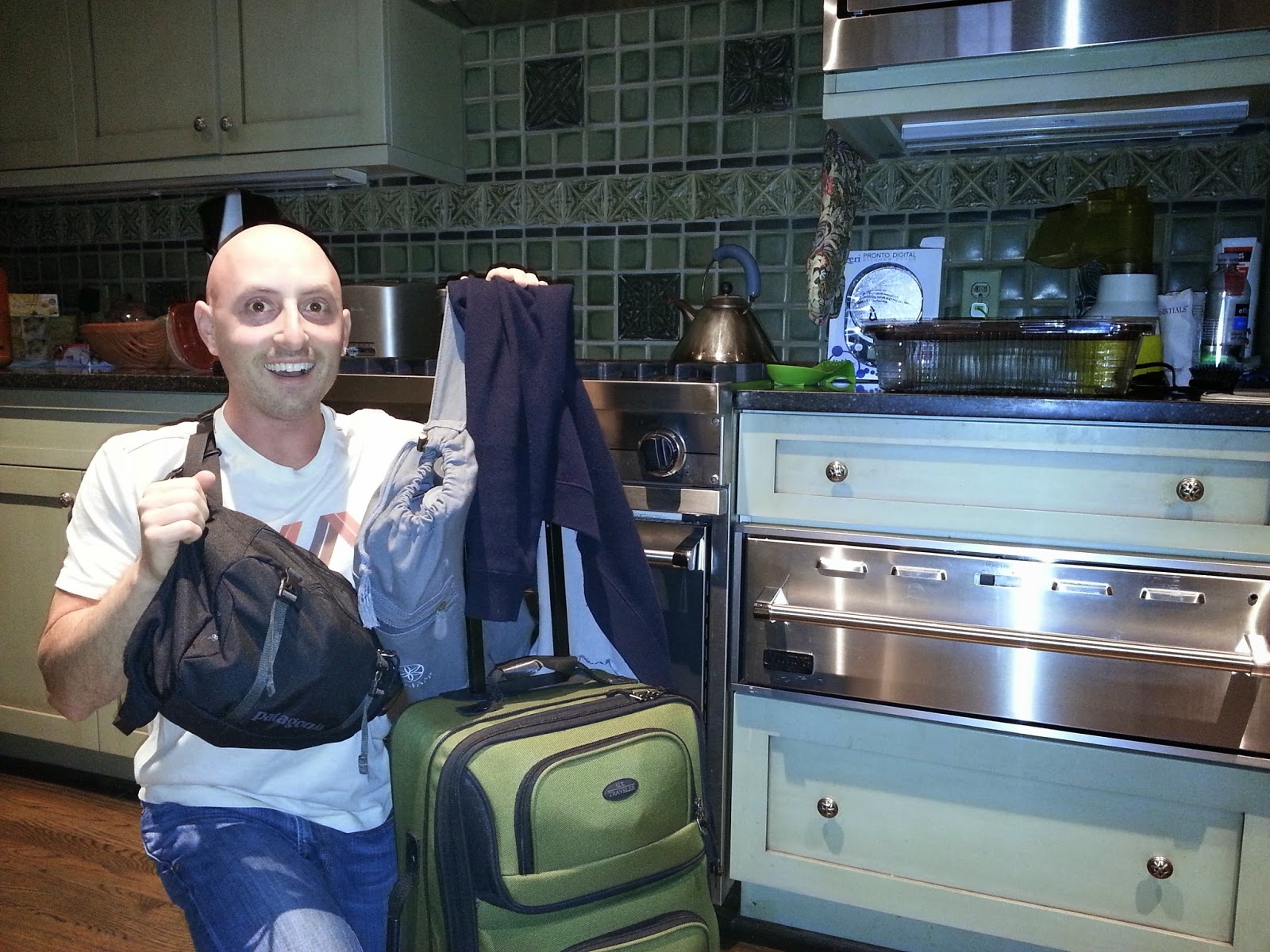
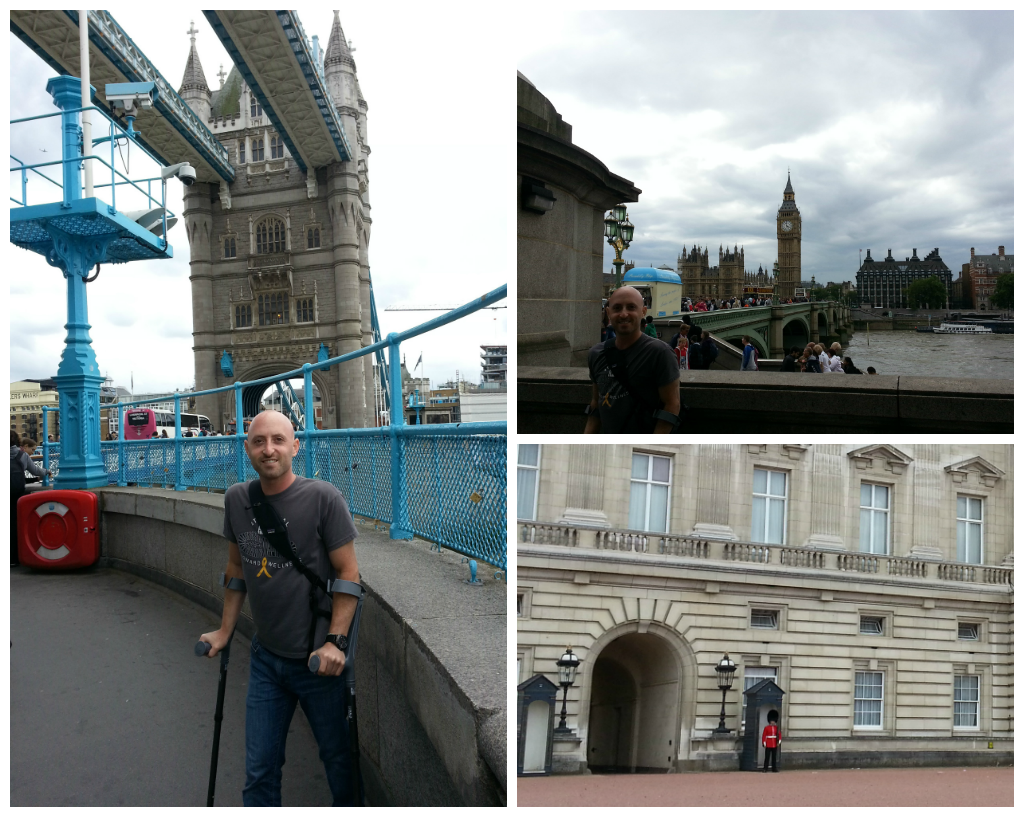
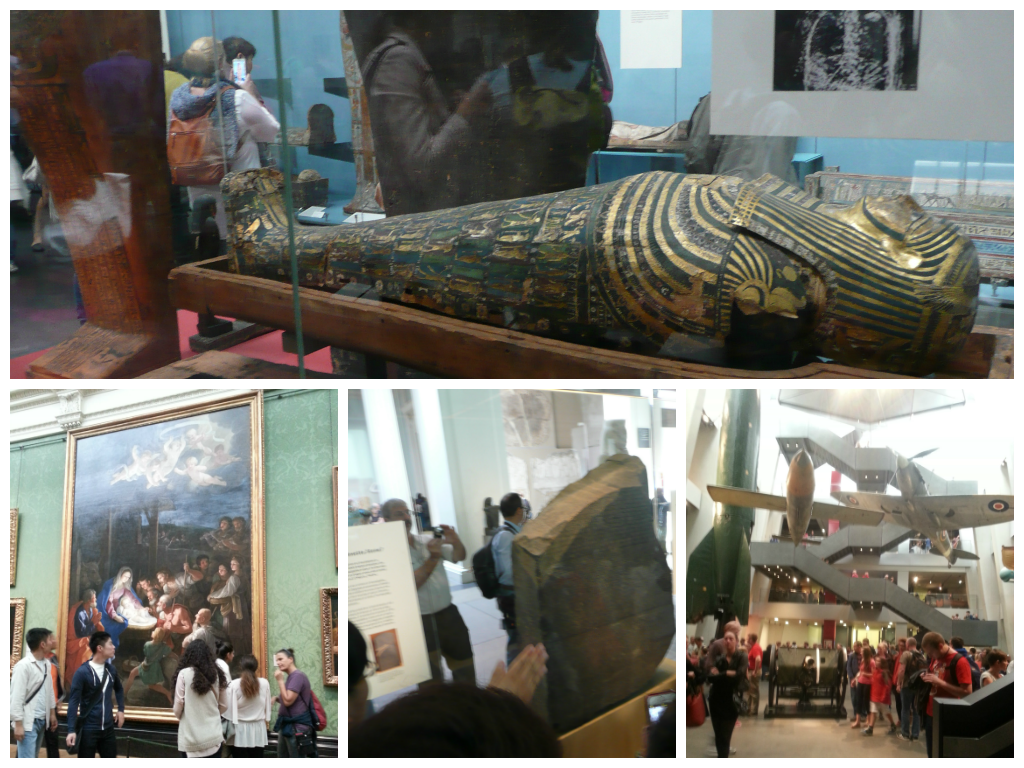
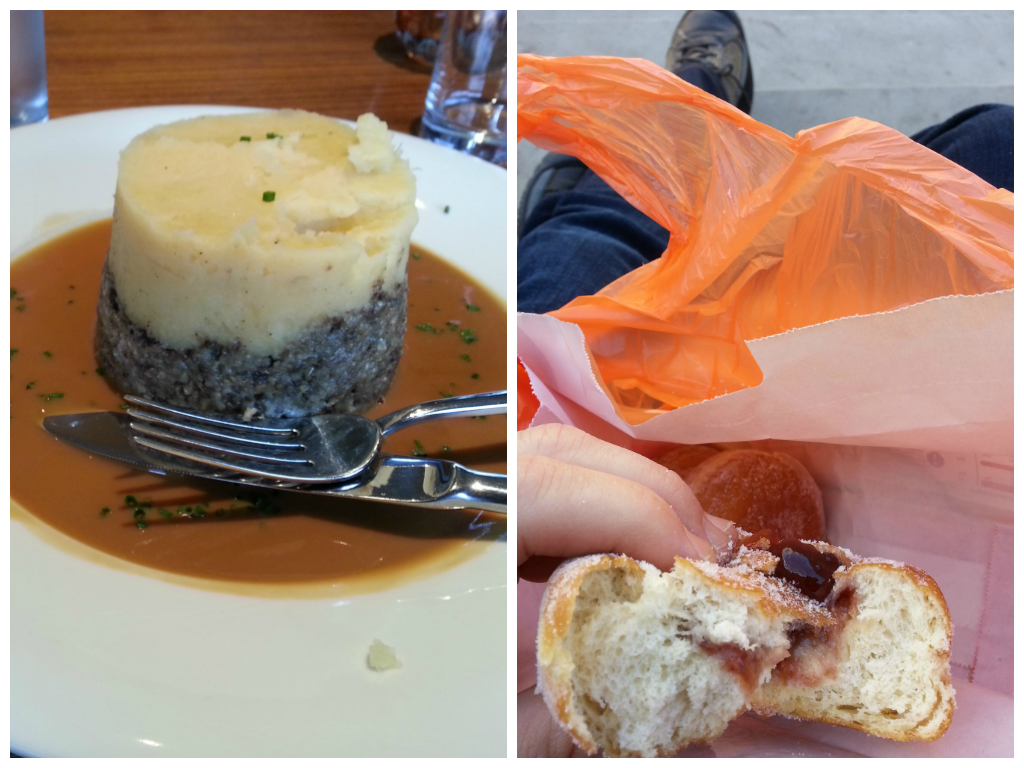
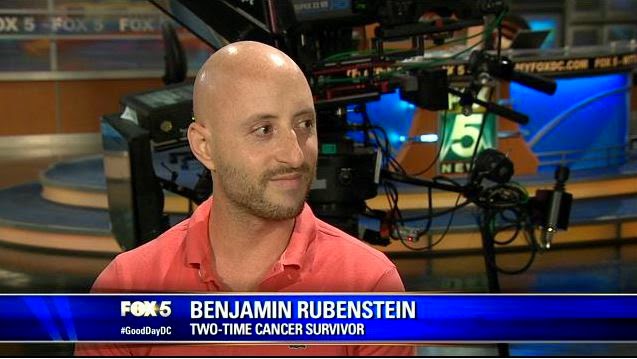
.jpg)


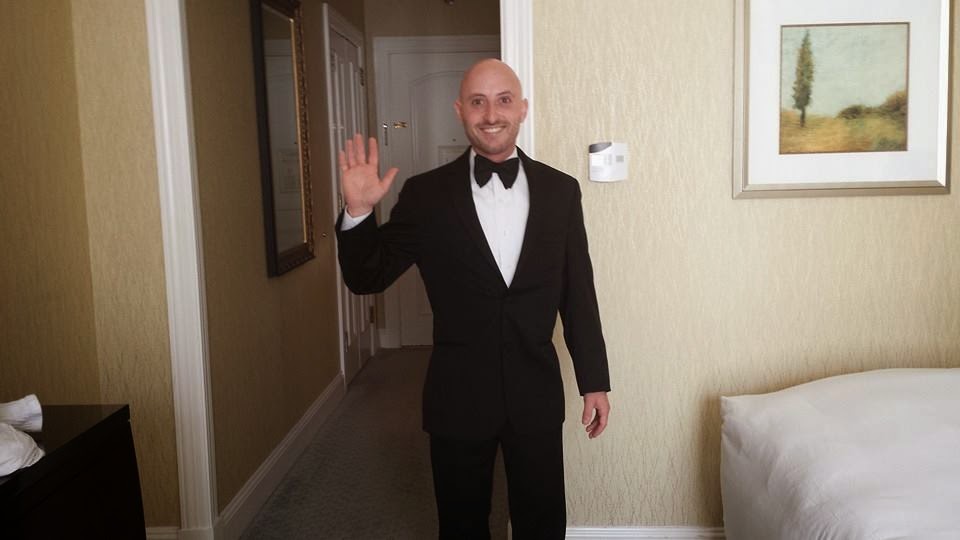
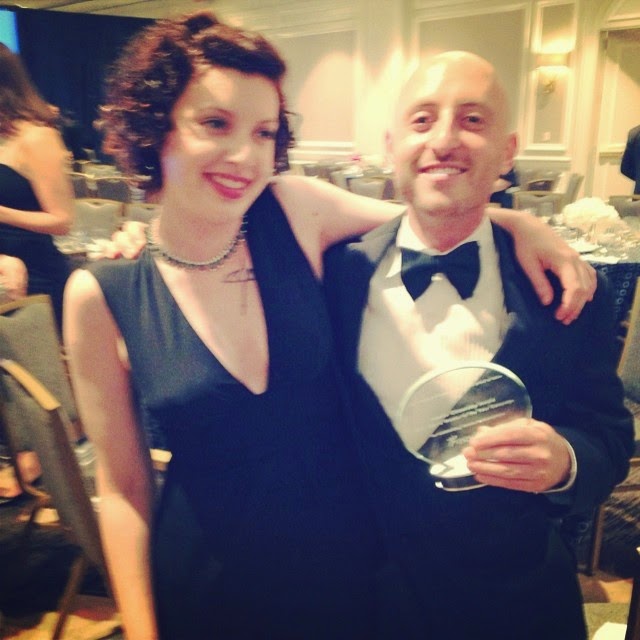
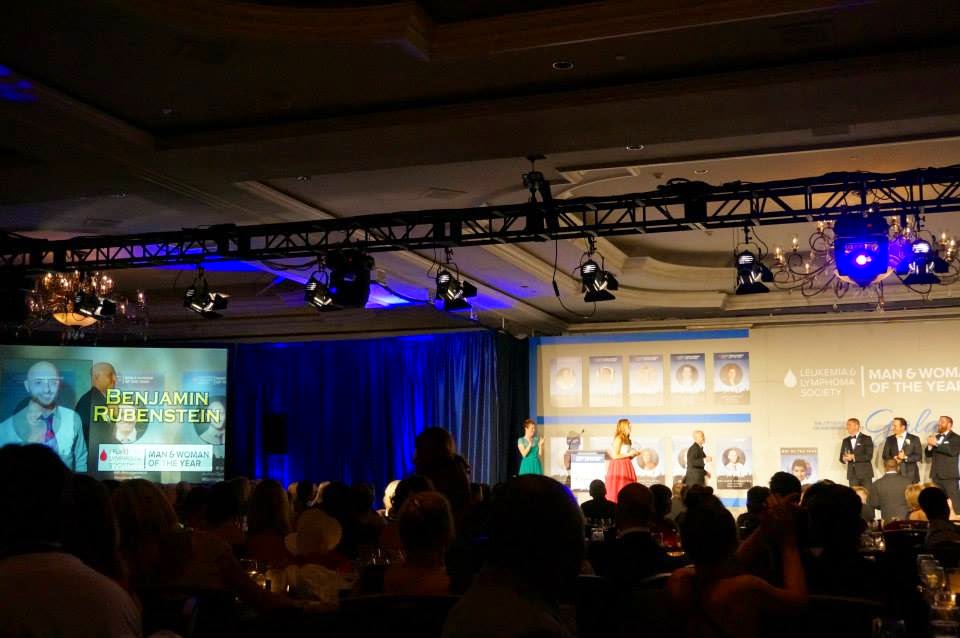

.jpg)






.jpg)
